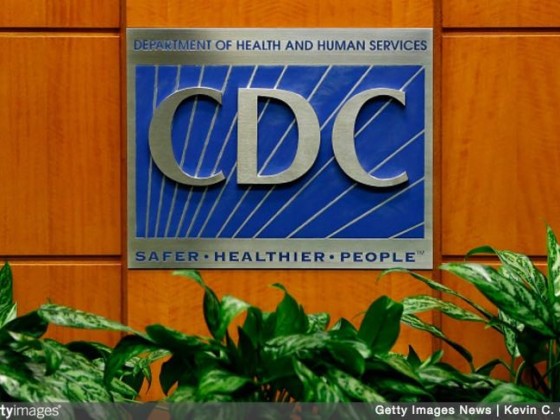THE ZIKA VIRUS IS PRETTY SCARY — until recently, it was just another nasty mosquito-borne flu. But doctors have started to suspect that there’s a connection between pregnant women getting the virus and birth defects in children (we wrote in more detail about the disease and what you need to know here). With this new information, combined with the fact that the virus is spreading at an alarming rate, some are worried with how we’re going to respond to Zika.


Tom Frieden, the head of the United States Center for Disease Control, has released a statement as to what the CDC is doing to fight the spread of Zika. First and foremost he confirms that most Americans do not need to worry about the virus. It is unlikely to become a problem in the United States, in large part because of our climate — it’s a mosquito-borne infections, and other mosquito-borne infections like malaria have largely been eradicated in the US thanks to a good public health infrastructure, and also, to a large extent, because we have a much more temperate climate than tropical and subtropical countries, making us a less ideal place for mosquitoes to flourish.
Frieden wrote for CNN:
For a disease such as Zika to spread widely, two things are necessary. The first is the specific mosquito species that spreads the virus. The second is the conditions in communities; places that are crowded and don’t have air conditioning enable viruses such as Zika to spread.
So we do expect, unfortunately, that Puerto Rico and the U.S. Virgin Islands could have many infections with the Zika virus, and we will certainly see U.S. travelers returning with Zika infections, just as we saw travelers returning with dengue and chikungunya infections. We could see isolated cases and small clusters of infections in other parts of the country where the mosquito is present. But from the information we know now, widespread transmission in the contiguous United States appears to be unlikely.
For people in at-risk areas, Frieden confirms, especially pregnant women, the best way to avoid Zika is to avoid mosquito bites. This means deet-based bug repellent, long-sleeve shirts and long pants, and staying indoors. Women who do not live in at-risk areas should postpone travel to those areas.
So what is the CDC doing?
The CDC is now working with labs in the continental US and in Puerto Rico to help improve mosquito-control measures before the weather gets warmer and more mosquitoes start breeding. They are also testing people who may have Zika to confirm who is getting it, and who’s just getting a similar disease. This is important because identifying who has the disease helps you track it, and also inform those people as to how they can prevent the spread of the disease to the people around them.
The CDC is also working to develop a vaccine and other treatments, but none of those exist as of yet. So most of the efforts in fighting Zika come in the form of prevention.
On top of the CDC response, the World Health Organization is meeting today to begin coordinating the international response to the spread of Zika.
Via CNN